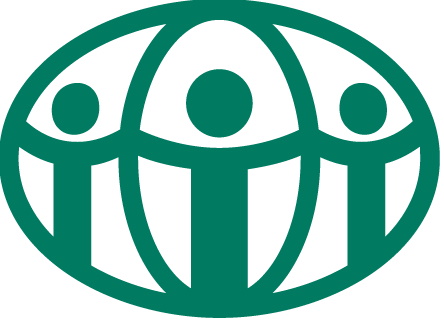October 13, 2021
(Ghana) October 13, 2021- Due to COVID-19 restrictions, 22 million people in Ghana have experienced declines in income. People whose existence depends on daily wages, especially in urban Ghana, are the most affected, according to local reports.
The Adventist Development and Relief Agency (ADRA) in Ghana and local Seventh-day Adventist churches, in collaboration with Ghana’s National Entrepreneurship and Innovation Program (NEIP), trained more than 2,700 youth in key areas such as catering, phone repairs, cosmetics, and “climate-smart” farming as part of the government’s initiative to reduce the economic impact of COVID-19.
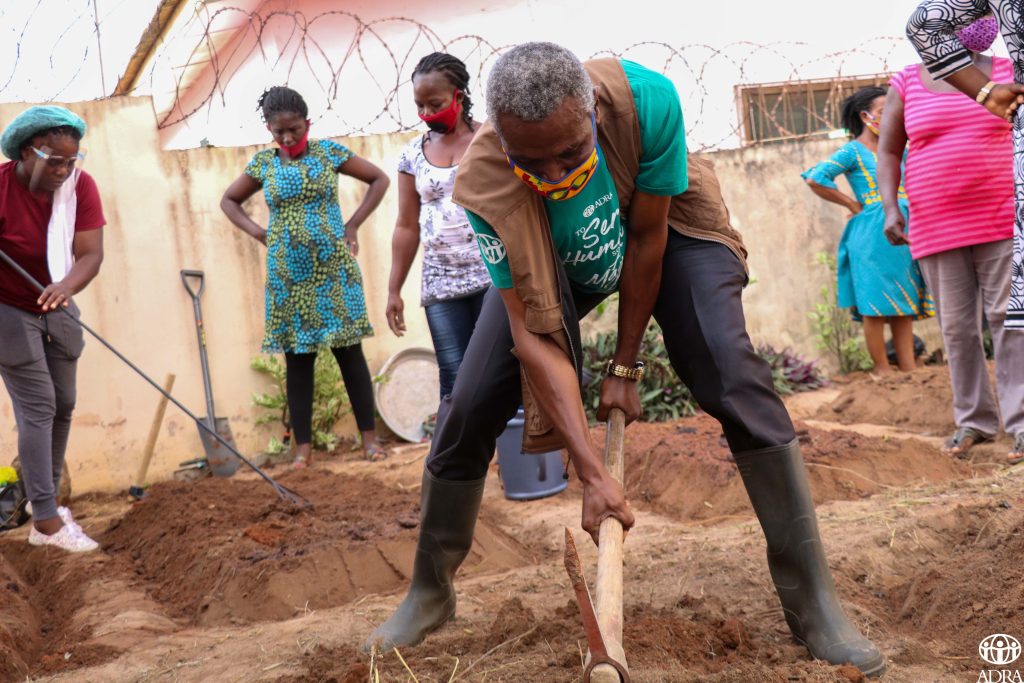
“ADRA is implementing technical and vocational educational training sessions to help young people acquire skills for employment. The individuals who excel will receive start-up tokens to break into the market scene and train others,” says Samuel Allotey, ADRA’s communications officer in Ghana.
Allotey adds that ADRA will use a real-time monitoring and evaluation system that easily tracks data points and improves performance. The youth that received the training will gather and transmit data on outputs and outcome indicators for analysis and reporting. The training will facilitate virtual monitoring and prompt decision-making. Periodic field visits to the project beneficiaries will be undertaken to monitor progress and share impact stories.
“Development and food security is a top priority right now,” Allotey says. “Tourism and travel are at a minimum creating a domino effect on the food market, motels, and restaurant businesses.”
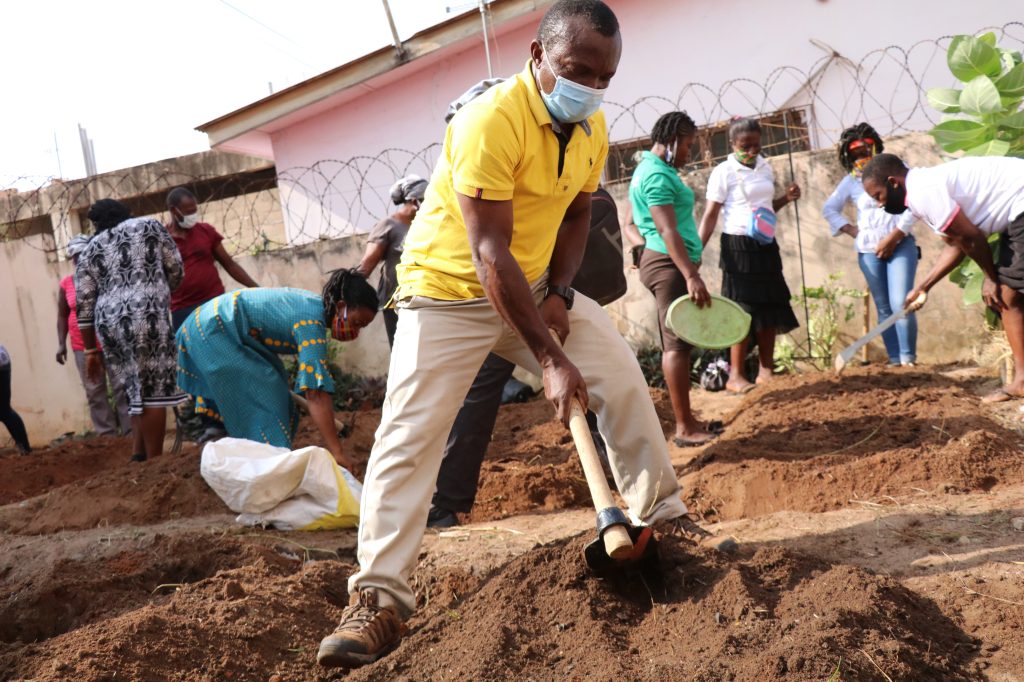
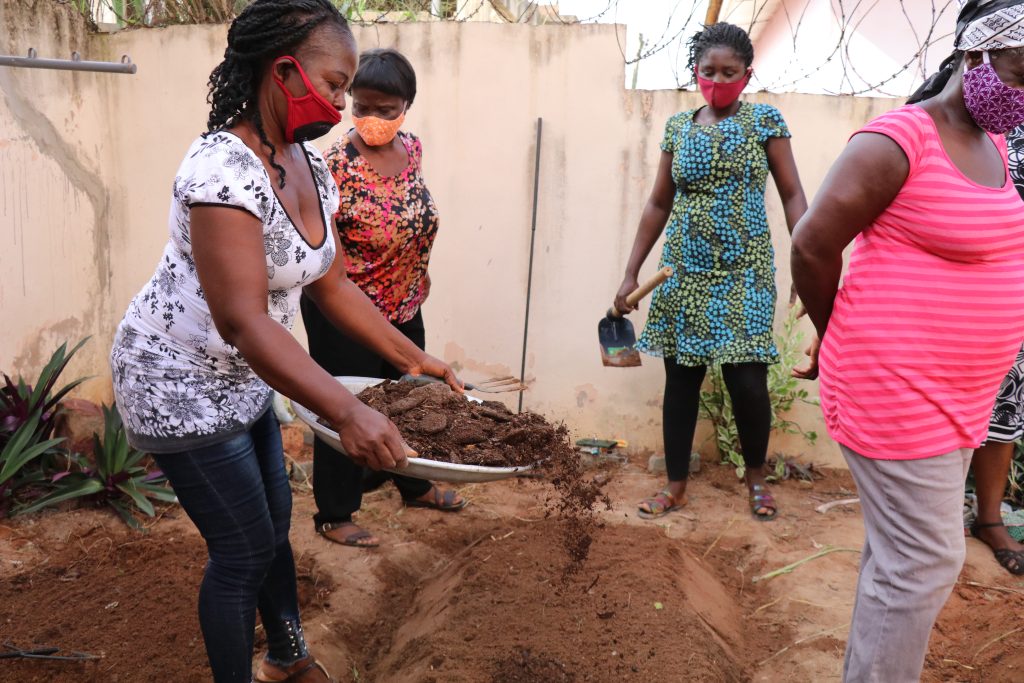
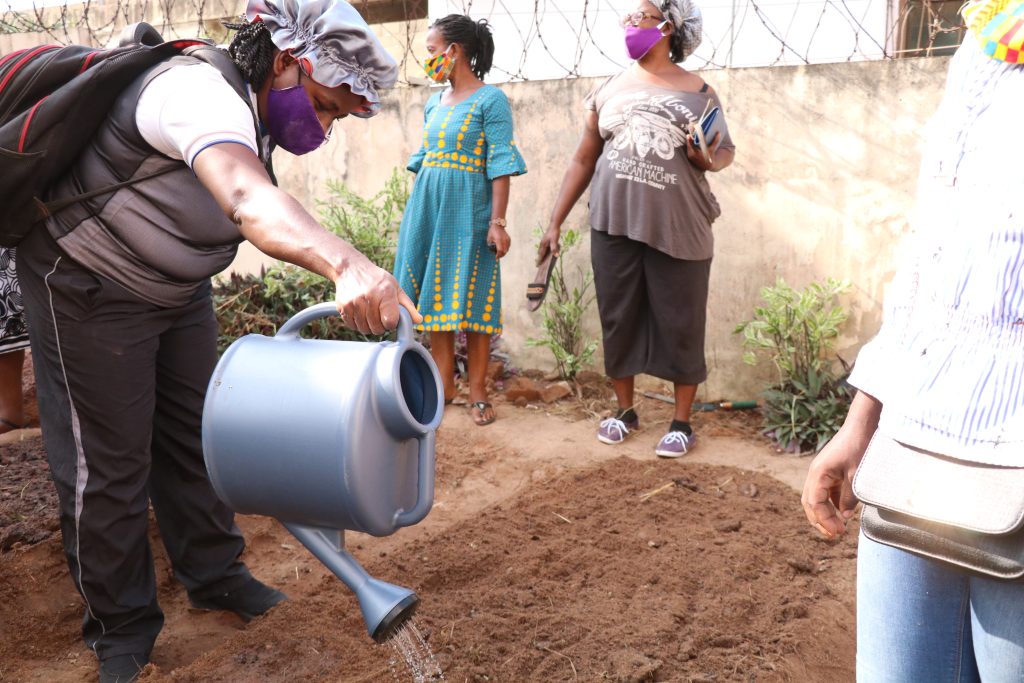
To combat the lack of food security, ADRA partnered with local Adventist churches to train 199 women in climate-smart vegetable production. Not only did the beneficiaries receive educational classes in gardening and nutrition, but they received free seeds.
“This project was so well received that ADRA plans to coordinate another program with an additional 100 persons,” says Allotey.
Allotey also mentioned that ADRA is focusing on additional efforts in Ghana to help combat COVID-19.
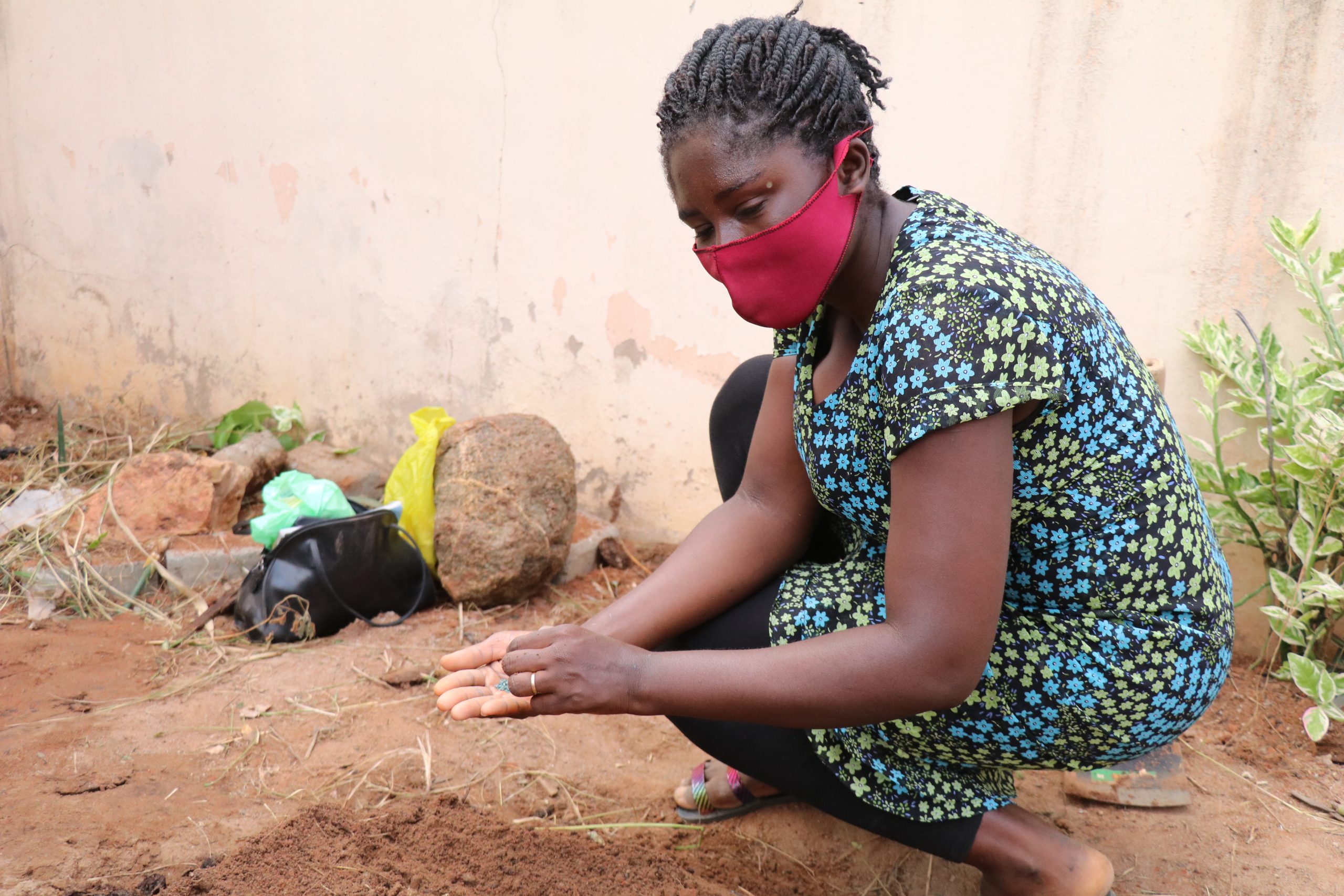
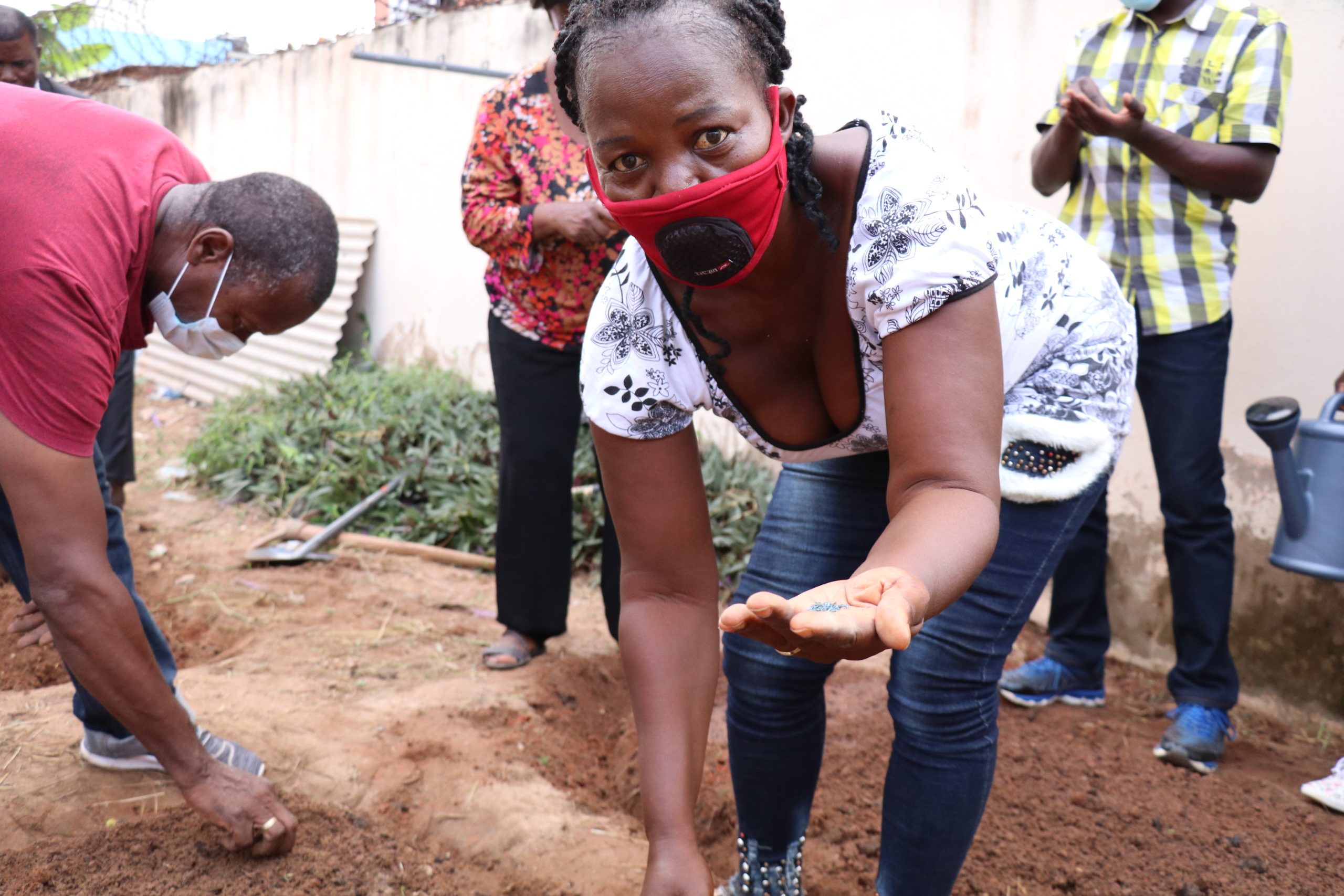
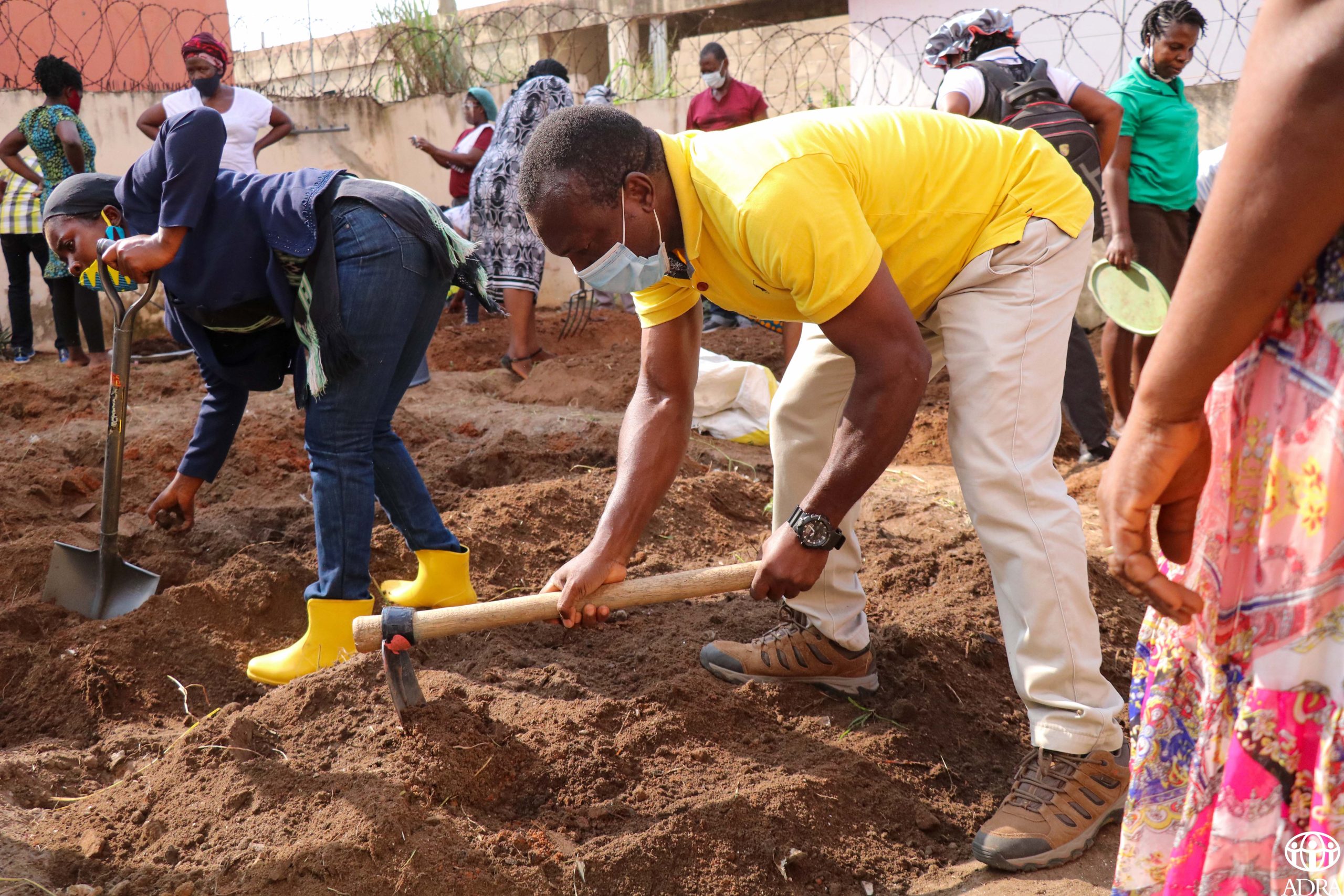
Ghana’s rate of positive COVID-19 tests has more than doubled since last year, according to local officials. In Accra, the capital city, the B.1.1.7 variant now constitutes up to 88 percent of all infections. To reduce the risk of the virus, necessary equipment for essential health workers is needed.
“ADRA is providing personal protective equipment (PPE) to 31 Adventist health facilities. There are about 4,000 Ghana Adventist Health Service (GAHS) workers who need to be protected. Many of them have not received a second dose of the vaccine and yet they are frontline workers,” Allotey says. “ADRA will also collaborate with the GAHS facilities to provide appropriate cold storage systems to store and conduct the vaccinations to the community level when necessary.”
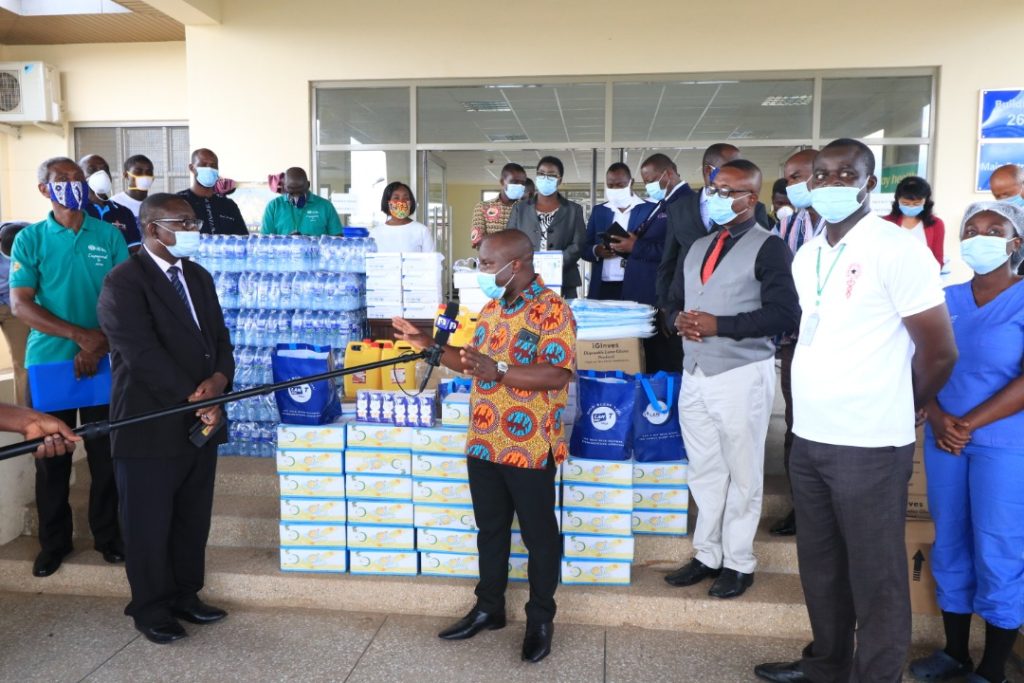
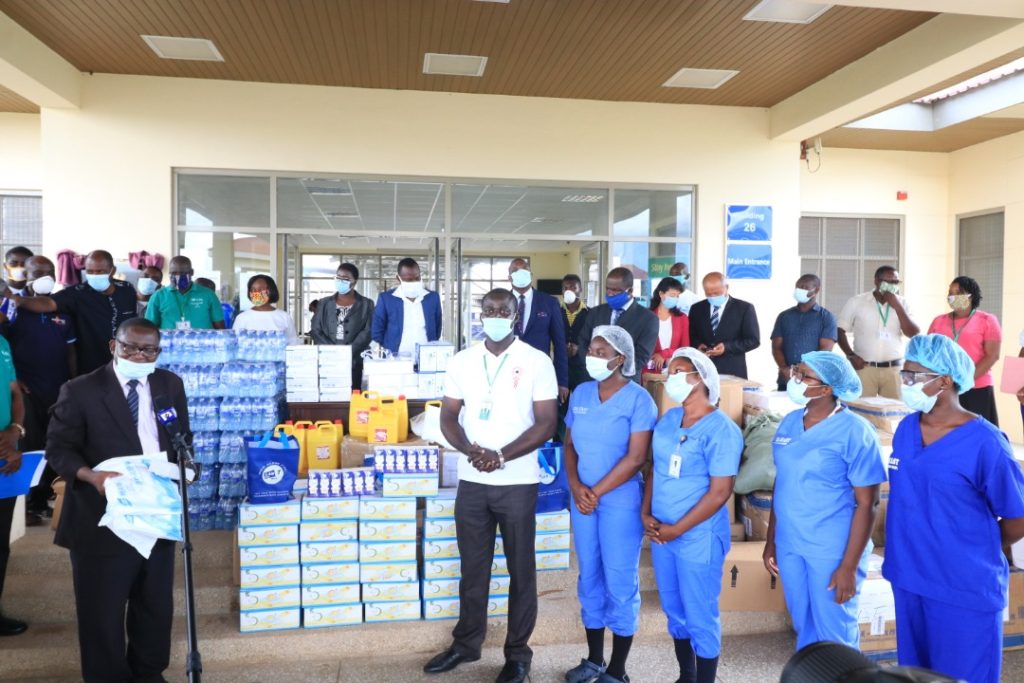
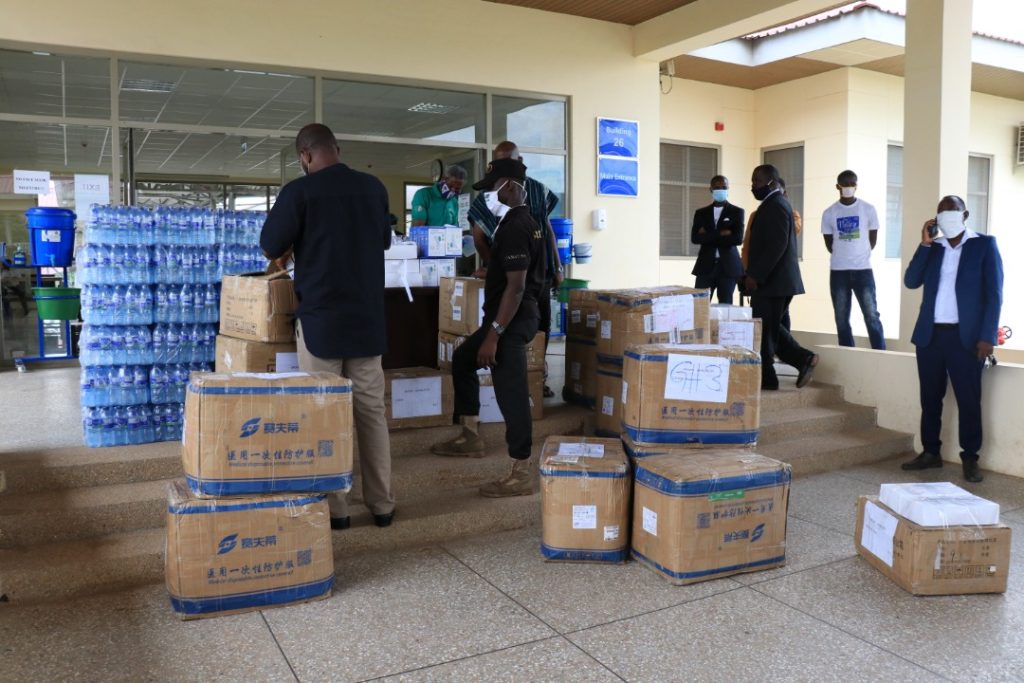
GAHS facilities will be assisted to acquire basic equipment to disseminate COVID-19 prevention messages and vaccine information at their outpatient departments, according to Allotey.
In addition, over 200 Adventist churches will participate in the COVID-19 prevention protocols and vaccination awareness campaign.
Allotey further added that pastors and church leaders will use their podiums and digital platforms to engage communities for change with an aim to target 10,000 people.
According to Ghana Health Service (GHS), there are reportedly 127,482 COVID-19 cases as of October 1 with 1,156 deaths.
For updates on ADRA’s COVID-19 response, visit HERE.
The Adventist Development and Relief Agency (ADRA) is the humanitarian wing of the Seventh-day Adventist Church, which has since 1983, partnered with governments, local communities, and organizations to offer relief in times of crises and sustainable development interventions to improve lives. Its work empowers communities and changes lives around the globe by providing sustainable community development and disaster relief. ADRA’s purpose is to serve humanity so all may live as God intended.
Share this Post

